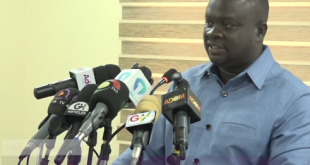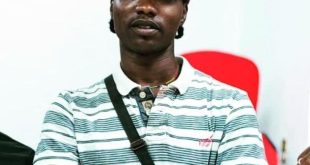The Minority in Parliament is challenging the pace of Ghana’s judicial transition, filing a motion to suspend all proceedings related to the nomination of Justice Paul Baffoe-Bonnie as Chief Justice.
At the core of the Minority’s motion is a constitutional and procedural argument: that ongoing court cases contesting the removal of Chief Justice Gertrude Araba Esaaba Sackey Torkornoo create uncertainty about whether the office is legitimately vacant. Proceeding with a new nomination, they argue, risks undermining both the integrity of the judiciary and the authority of Parliament.
Citing Articles 110(1), 125–127, 144(1), and 146 of the 1992 Constitution, as well as relevant Standing Orders, the caucus is urging Parliament to pause the Appointments Committee’s vetting, debate, and approval processes until the judiciary provides legal clarity on the matter.
The motion references several ongoing cases — including one before the ECOWAS Court (No. ECW/CCJ/APP/32/25) and others pending before Ghana’s Supreme Court and High Court — all of which directly question the legality of Justice Torkornoo’s removal.



As part of their request, the Minority has called for the Attorney-General and Minister for Justice, Dr Dominic Ayine, to appear before Parliament to brief members on the current state of litigation. They want details on the identity and progress of the cases, any interim or conservatory orders issued, and the potential implications of these proceedings for the office of the Chief Justice.
Beyond the domestic legal issues, the Minority is also seeking clarity on Ghana’s obligations under ECOWAS treaties, particularly concerning the ongoing regional court case. They argue that pushing ahead with the nomination could carry legal and constitutional risks if any of the pending cases are decided in favour of Justice Torkornoo.
The motion follows President John Dramani Mahama’s nomination of Justice Paul Baffoe-Bonnie to succeed Chief Justice Torkornoo, whose removal has itself become the subject of legal and constitutional scrutiny.
This development underscores the delicate balance between the executive’s power to nominate, Parliament’s duty to vet, and the judiciary’s role in interpreting the law — a convergence now testing Ghana’s constitutional order.
 Adoa News Adoa News
Adoa News Adoa News




